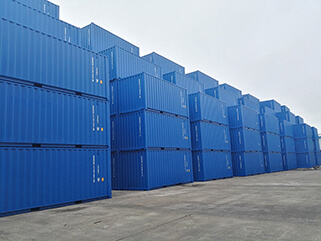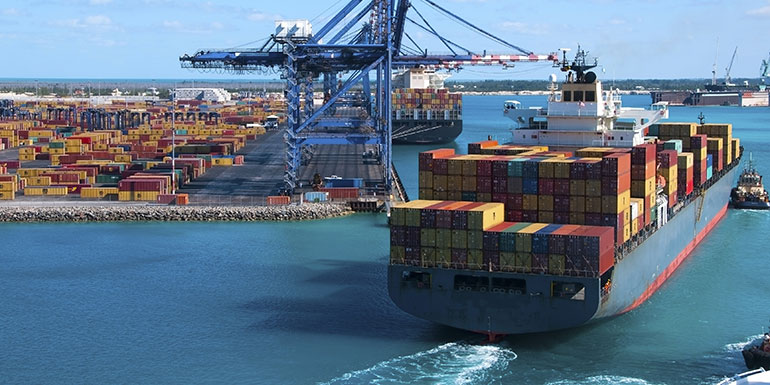Rotterdam tugs also compensated for inflation
Rotterdam tugs also compensated for inflation
Rotterdam tugs also compensated for inflation
BOLUDA TOWAGE ROTTERDAM
The approximately 200 employees of Boluda Towage Rotterdam will be fully compensated for inflation this year and next.

The trade unions FNV Havens and Nautilus International have agreed with the company in a new collective labour agreement, which runs until January 1, 2024. In concrete terms, wages will be increased by 3.28% through automatic price compensation at the beginning of this year and by approximately 7% at the beginning of next year, depending on the inflation rate at that time.
On top of that, there will be a general wage increase of 1.5% from 1 January next year. In addition, 1.5% of the wage margin is reserved for policy on the elderly. In the course of the year, the unions want to meet with the company about arrangements for older employees, such as early retirement or part-time work.
Joost van der Lecq of FNV Havens calls the result ‘a great outcome, with which Boluda (former Kotug Smit) recognizes that it is important that wages rise in line with prices’. Michel Steketee of the Nautilus seafarers’ union says that the collective labour agreement “gives employees the certainty of fully retaining purchasing power with a plus”.
In recent months, several Rotterdam port companies, including Hapag-Lloyd and P&O Ferries, have made similar agreements in which full inflation compensation is central. The port of Rotterdam is therefore an exception within the Netherlands. In most sectors, the improvement in wages lags considerably behind the depreciation of money.

Rogier Vervoort is co-owner of Trident Container Leasing B.V. With 30 years of experience in the container business, he is a specialist in container leasing and trading.
Rotterdam tugs also compensated for inflation
BOLUDA TOWAGE ROTTERDAM
The approximately 200 employees of Boluda Towage Rotterdam will be fully compensated for inflation this year and next.

The trade unions FNV Havens and Nautilus International have agreed with the company in a new collective labour agreement, which runs until January 1, 2024. In concrete terms, wages will be increased by 3.28% through automatic price compensation at the beginning of this year and by approximately 7% at the beginning of next year, depending on the inflation rate at that time.
On top of that, there will be a general wage increase of 1.5% from 1 January next year. In addition, 1.5% of the wage margin is reserved for policy on the elderly. In the course of the year, the unions want to meet with the company about arrangements for older employees, such as early retirement or part-time work.
Joost van der Lecq of FNV Havens calls the result ‘a great outcome, with which Boluda (former Kotug Smit) recognizes that it is important that wages rise in line with prices’. Michel Steketee of the Nautilus seafarers’ union says that the collective labour agreement “gives employees the certainty of fully retaining purchasing power with a plus”.
In recent months, several Rotterdam port companies, including Hapag-Lloyd and P&O Ferries, have made similar agreements in which full inflation compensation is central. The port of Rotterdam is therefore an exception within the Netherlands. In most sectors, the improvement in wages lags considerably behind the depreciation of money.

Rogier Vervoort is co-owner of Trident Container Leasing B.V. With 30 years of experience in the container business, he is a specialist in container leasing and trading.



